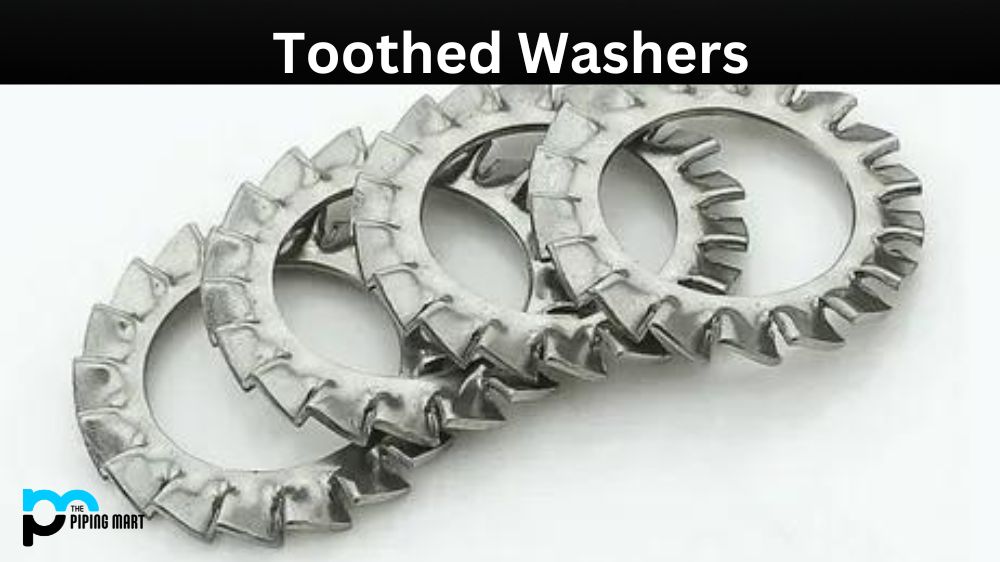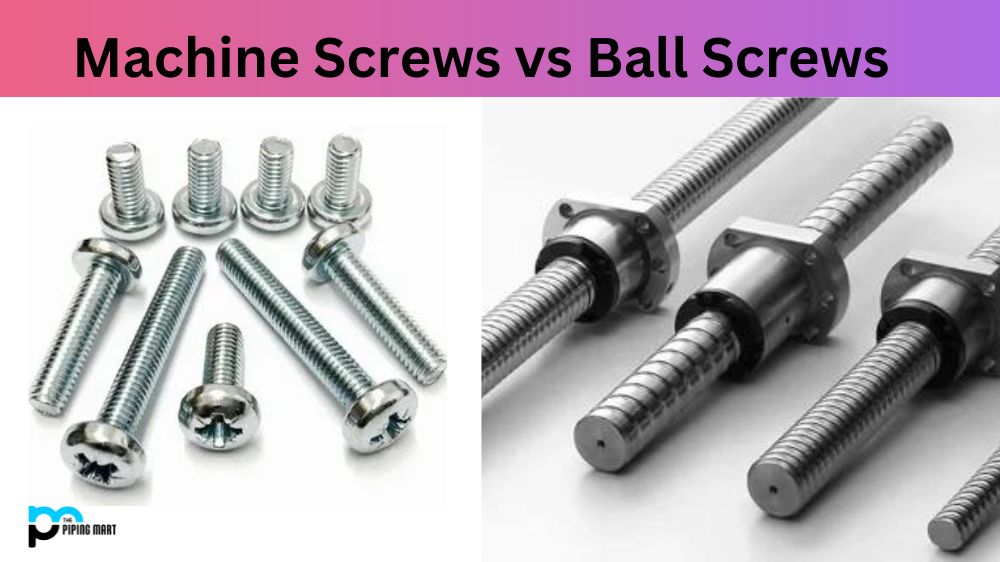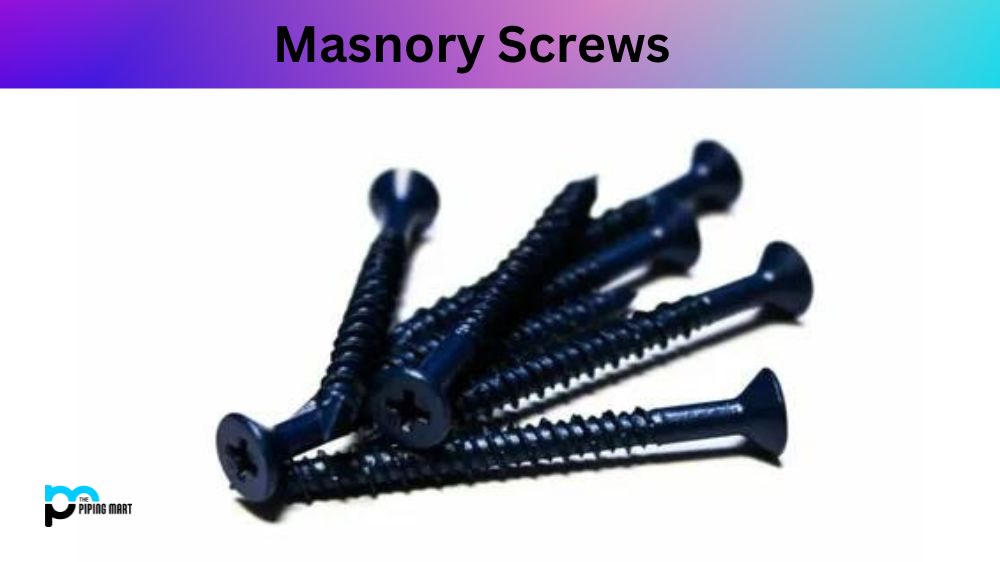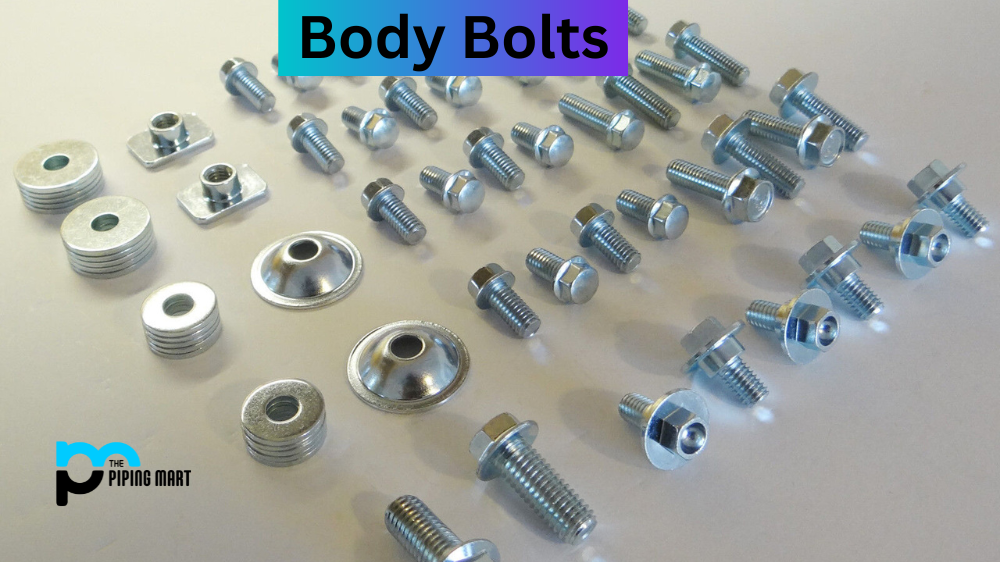Toothed washers, also known as serrated washers, are a type of locking washer that features teeth on its outer surface. These washers are frequently used in industrial and construction projects to provide a secure fit between parts, preventing them from loosening over time. Despite their prevalence in various industries, toothed washers are only sometimes the best choice for every situation. In this post, we’ll look at the advantages and disadvantages of toothed washers to help you decide when to choose washer types.
Advantages of Toothed Washers
Secure Fit: One of the biggest advantages of toothed washers is their ability to provide a secure fit between parts. The teeth on the washer’s outer surface grip the surface of the material they come into contact with, reducing the risk of loosening over time. This feature makes them ideal for use in high-vibration environments, such as machinery or vehicles, where parts may be subjected to constant movement.
Easy Installation: Toothed washers are relatively easy to install and require minimal tools or expertise. They can be installed using a simple spanner or wrench, making them popular for various manufacturing and construction applications.
Cost-Effective: Toothed washers are inexpensive, making them a cost-effective solution for securing parts. As such, they are often the go-to choice for companies looking to keep costs down without sacrificing functionality.
Disadvantages of Toothed Washers
Noisy: One of the biggest disadvantages of toothed washers is that they can be quite noisy when installed. The teeth on the washer’s outer surface can vibrate against the material it is fitted against, producing a rattling or clattering sound. As such, they are only sometimes the best choice for applications where noise is a concern, such as in sound-sensitive environments.
Surface Damage: Toothed washers can cause damage to the surface of the material they are in contact with due to the pressure exerted by their teeth. This can lead to scuffing, scratching, or even material deformation over time. For this reason, toothed washers may not be the best choice for use on delicate or easily damaged materials.
Limited Reusability: Toothed washers are designed to provide a secure fit, making them difficult to remove without damage. As such, there may be better choices for applications where parts must be removed and reassembled regularly.
Conclusion:
In conclusion, toothed washers are a popular choice for securing parts due to their cost-effectiveness and ability to provide a secure fit. However, they are only sometimes the best choice for some applications. The noise they produce, potential surface damage, and limited reusability are important factors when choosing between washer types. Ultimately, the decision to use toothed washers or another type of washer will depend on the specific needs of your application, so be sure to evaluate your options carefully before making a decision.
Rachana is a dedicated and ambitious young woman who has made a name for herself in the metal industry. From her earliest days in the industry, Rachana showed a natural talent for problem-solving and a keen eye for detail. In her free time, She enjoys reading up on the latest advancements in the industry, as well as exploring new ways to innovate and improve upon existing processes.




